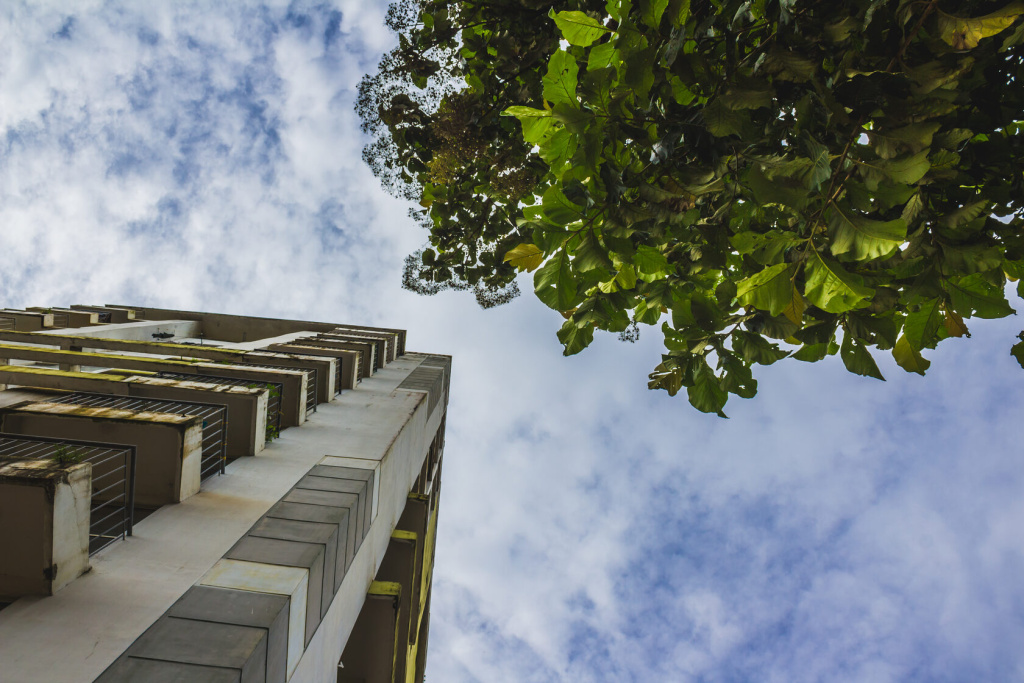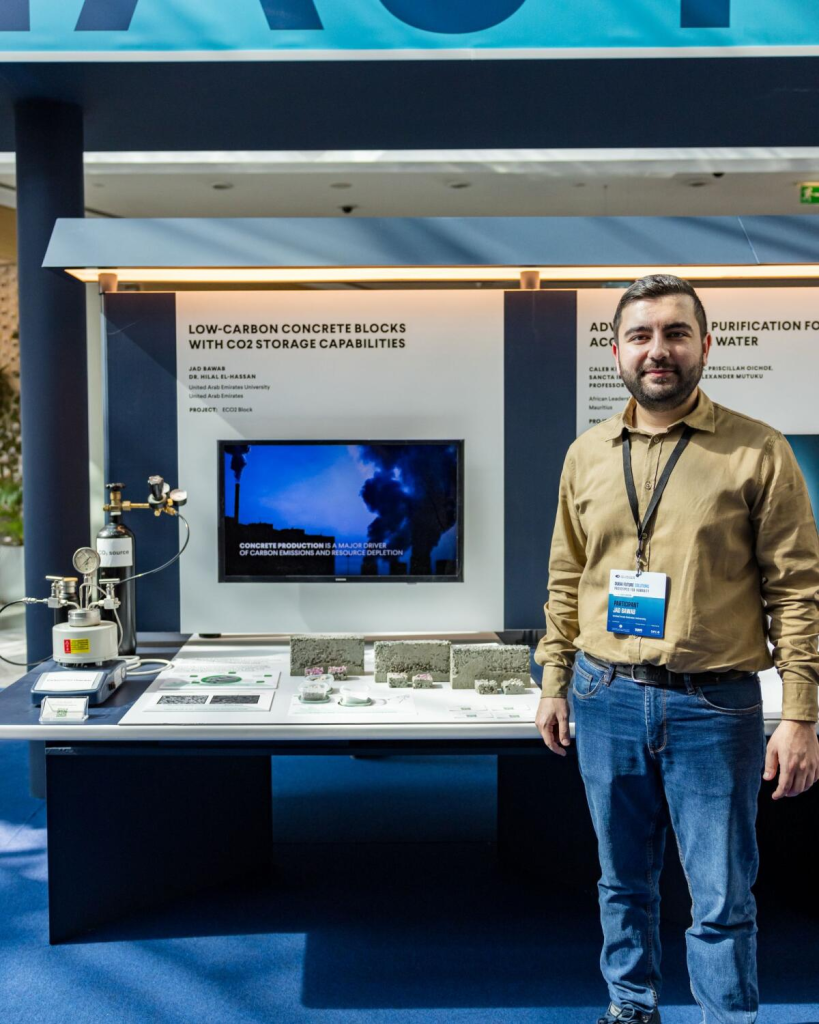The UAE is leading the way with transforming the construction industry by decreasing CO₂.
Concrete blocks are widely used in UAE construction, but producing them releases a lot of CO₂. A new project is changing that by creating
sustainable blocks that actually absorb CO₂. These eco-friendly blocks are made with 80% recycled materials, keeping tons of waste out of landfills.
Construction Block Absorbs Up to 500gm of CO₂ Per Unit
At the 2024 Dubai Future Solutions event, Jad Bawab, a PhD student studying concrete technology at the United Arab Emirates University, showed off his ECO2 Block prototype. He specified that:
This is an innovative low carbon concrete block utilizing low-cost waste materials found abundantly. Therefore, production costs are reduced significantly, by around 20 per cent, making the blocks more affordable than traditional alternatives.
Jad Bawab
PhD student at the United Arab Emirates University
He also added:
This innovative process eliminates the need for water and energy during curing, further reducing the environmental footprint. Unlike conventional blocks, these masonry units absorb up to 500 grams of CO₂ per block, transforming a polluting product into a tool for carbon sequestration.
Jad Bawab
PhD student at the United Arab Emirates University
Bawab explained that his project directly supports the UAE's goal of reaching
Net Zero emissions by 2050. His concrete blocks have a 40% smaller carbon footprint than traditional blocks. They achieve this by both reducing emissions during production and actually trapping carbon within the blocks themselves, promoting more environmentally friendly construction.
[?]
This prototype shows how local innovation can help reduce emissions globally while meeting the UAE's increasing need for concrete blocks.
Jad Bawab
PhD student at the United Arab Emirates University
A pilot program at UAE University will produce full-size blocks that meet national standards. Bawab also thanked Dr. Hilal El Hassan for his mentorship. The exhibition features groundbreaking innovations in areas like healthcare, energy, society, the environment, and data science.














